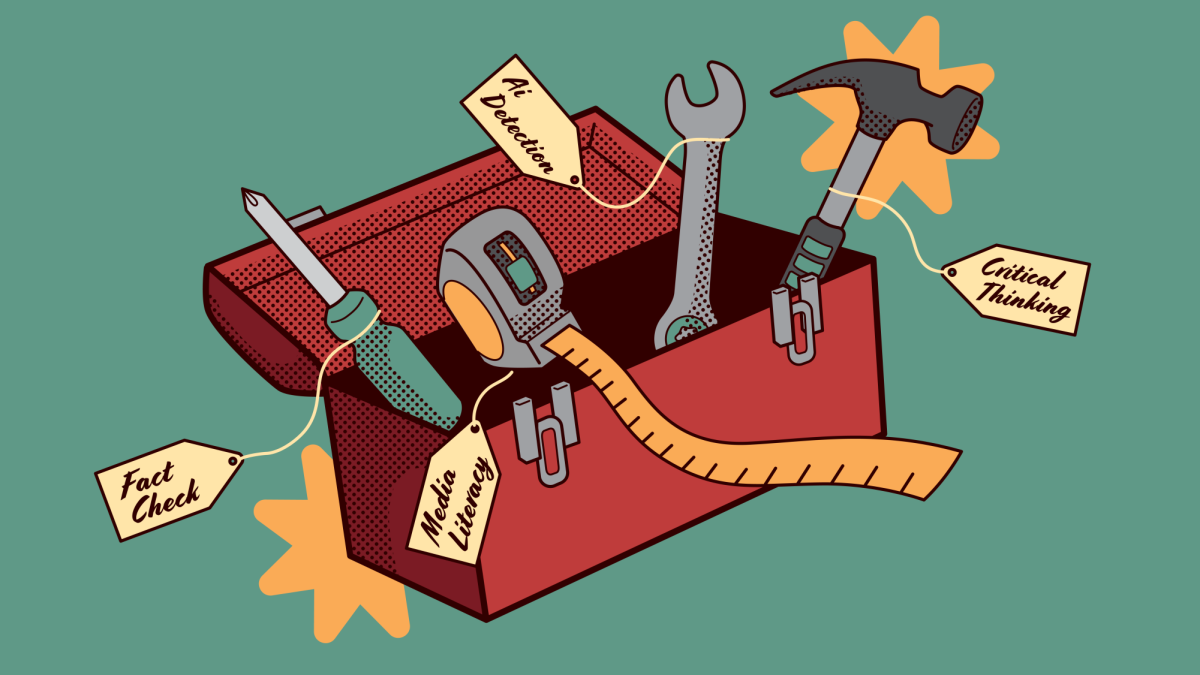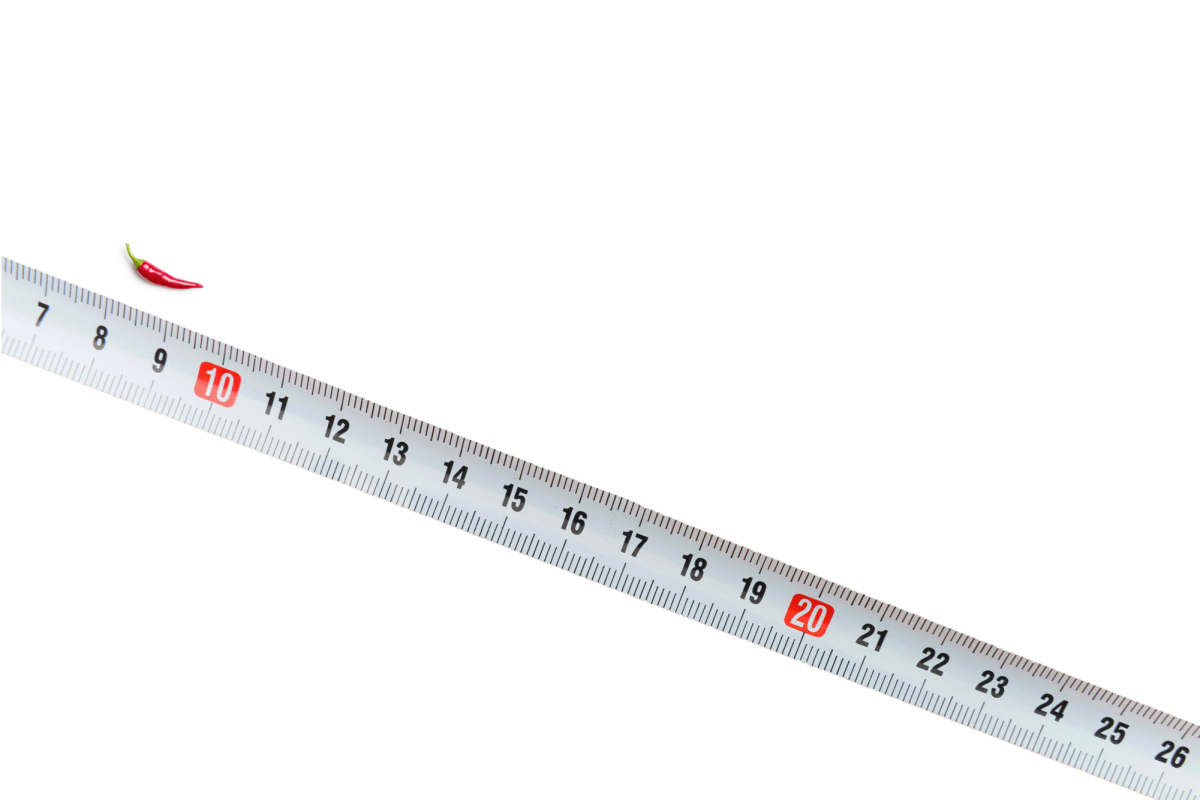April marks Child Abuse Prevention Awareness Month, prompting a reexamination of serious child abuse issues in Utah.
Despite the presence of various organizations supporting child well-being, such as Prevent Child Abuse Utah and the Utah Division of Child and Family Services, many Utahns fail to recognize the prevalence of abuses.
While many parents are aware of child abuse, they may not realize that their unintended actions towards children can contribute to it. Early recognition and intervention represent the best way of addressing the issue.
Unrecognized Abuses
In Utah, more than 10,000 substantiated child abuse cases are reported every year. Types of child abuse include domestic violence, sexual abuse, emotional abuse and neglect. The number of cases in Utah exceeds the national average raising significant concern for young Utahns. Worse, a report indicates that 91% of the time, children experience abuse from someone they know and trust.
“The people most likely to neglect their children are always going to be someone who has the legal responsibility to provide for the child’s basic needs,” said Lee Raby, a psychology professor at the University of Utah.
This indicates that it’s crucial for parents to acknowledge their own potential to become perpetrators.
Domestic violence-related child abuse accounts for 20.7% of all child abuse allegations in Utah. Many parents, despite preparing for parenthood, may lack knowledge on how to handle frustrations and challenges.
“Sometimes, parents are just unaware. They also have experienced maltreatment themselves and face incredibly challenging situations when dealing with their children,” Raby said. “It’s sad that the best they can do is actually something that’s actively harming children.”
Jun Yoon, a student studying educational psychology at the University of Utah, shared his experience when he worked as a substitute teacher at a kindergarten.
“I saw one time when parents, who had an introverted child, were unhappy that their child was antisocial,” Yoon said. “I felt bad when they forcibly pushed the child back into the kindergarten without trying any conversations, and the kid was crying so hard,”
Although parents may not intend to harm their children, they may have a hard time recognizing their abusive behavior.
Why Prevention Is Crucial
Utah parents must recognize that their unintended actions might cause further harm to their children. Preventing through acknowledgment is crucial. This helps mitigate the risk of children experiencing more severe problems. These problems include emotional and behavioral issues such as depression, suicidal behavior and substance abuse.
“Children who experience various forms of maltreatment are going to show difficulties with controlling their emotions, especially in social development,” Raby said.
Early acknowledgment can also prevent the inheritance of information imbalance. Parents who didn’t get enough support from their parents need more support during their parenthood so their unconscious learned behaviors do not pass down to their children and subsequent generations.
“Parenting for parents could be harder, especially if they were taught badly by their parents. It’s important for parents to educate themselves first before educating their children,” Yoon said.
How To Prevent Child Abuse
To prevent potential child abuse, Utah parents must take the initiative to educate themselves, gaining a deeper understanding of their children and their developmental stages. When parents encounter challenges in raising their children, they should actively seek support.
“If you get educated well as a parent and become a better parent, [you’re] probably likely to raise a child who gets educated well,” Yoon said.
We also need more increased promotion of childcare organizations. Despite Utah providing adequate resources for child abuse, the high number of reported cases shows there has been no progress.
A report indicates that 1 in 7 Utah children experience sexual abuse before turning 18. However, 40% of Utahns disagree that child sexual abuse is a problem in their communities. This suggests a lack of awareness regarding child abuse within the state. Support centers and organizations must take proactive steps.
Implementing more home visiting programs in rural areas is another solution. “Home visiting programs effectively help those who are at higher risk for maltreatment due to stress such as pregnant individuals or people who have recently given birth,” Raby said. “However, there are insufficient resources for providing these programs in more rural areas in Utah. Accessing these resources can be very challenging.”
Healthy Parents, Healthy Children
Recognizing is the most crucial aspect of child abuse prevention. Utah parents, do not hesitate to seek support for your challenges. There are resources available to assist you.
Educating yourselves and recognizing your actions are paramount in preventing this issue. Parents wield the most significant influence on children’s future. Let children grow up healthy under the guidance of healthy parents.


















